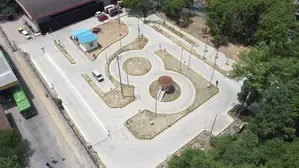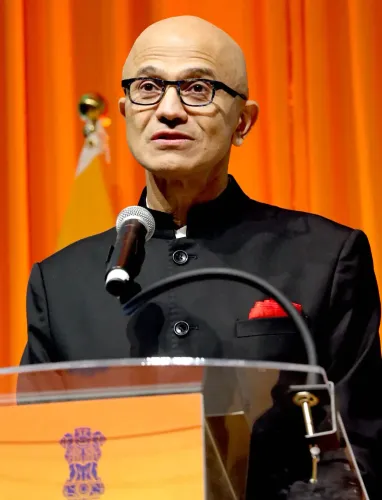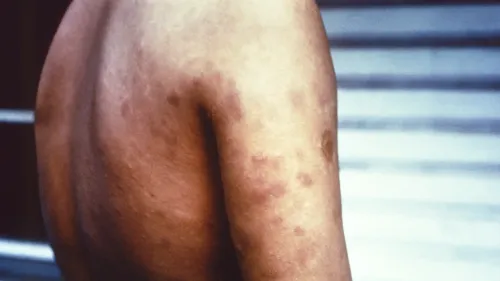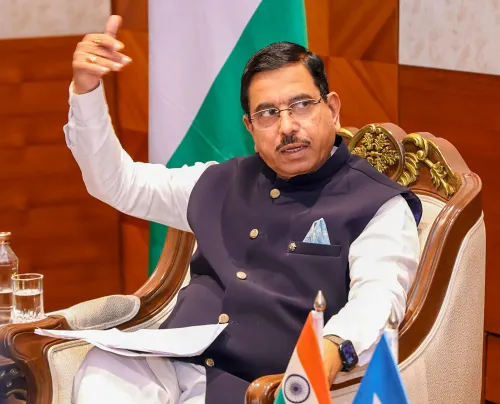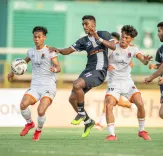How are Indian researchers transforming assistive technologies with three new patents?
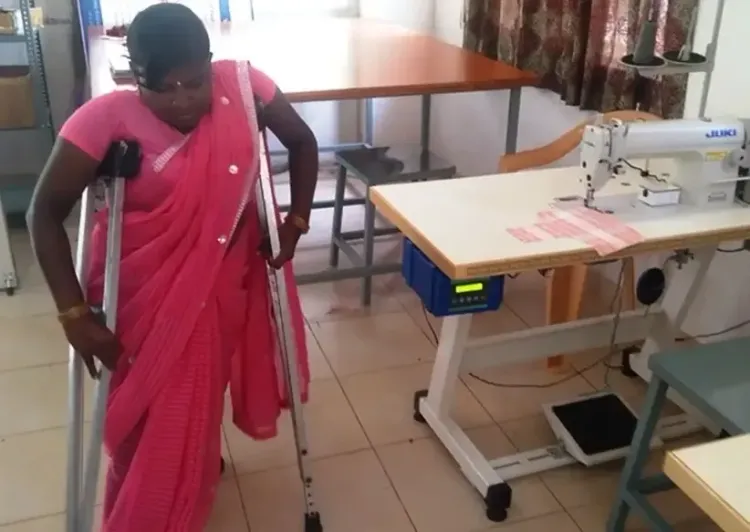
Synopsis
Key Takeaways
- Innovative assistive technology enables hand control of sewing machines.
- Empowerment of differently-abled women through independence in sewing.
- Patents secured by a dedicated team at Sona College of Technology.
- Government support enhances livelihood opportunities.
- Over 300 women trained in using these patented machines.
New Delhi, Sep 14 (NationPress) A group of Indian innovators has transformed the traditional sewing machine’s foot pedal by integrating assistive technology, allowing the entire process to be controlled using hand movements. The initial prototypes were trialed by rural women facing locomotor challenges, generating excitement at Sona College of Technology, the birthplace of this innovation.
The concept emerged after researchers observed that certain women with limited lower-limb mobility struggled to operate conventional industrial sewing machines.
A dedicated four-member team — D. Raja, K. Mani, G. Gunasekaran, and S.S. Suresh — took on this challenge and successfully secured three patents.
The most recent achievement, Haptic Glove Variant (2025), is a wearable glove that utilizes palm-pressure detection to wirelessly trigger the sewing machine motor. It offers ergonomic comfort and embodies the principles of inclusive design.
The Optical Sensor Variant, patented in 2024, interprets hand gestures to manage the sewing machine, ensuring a hands-free experience that enhances both safety and versatility.
The first patent in this series, the Load-Cell L-Plate Variant, was awarded in 2022, substituting the conventional foot pedal with a hand-activated system.
For the first time, women with disabilities can sew independently and carry out all standard operations in a garment-making facility with ease and efficiency. This breakthrough has also enabled them to secure a stable income in garment production units located nearby, as reported by the Tamil Nadu-based institute.
Over the past nine years, more than 300 women with disabilities have been trained to operate these patented machines. For many, this has resulted in not just jobs in tailoring and garment production but also a restored sense of dignity and self-worth.
“These patents go beyond mere technology,” remarked Chocko Valliappa, Vice Chairman of Sona College of Technology. “They symbolize the dismantling of barriers, the creation of opportunities, and the demonstration that inclusion can be embedded in daily tools,” he added.
The Tamil Nadu government has funded eleven patented sewing machines aimed at providing livelihood support for women with disabilities at a community center run by Sona College in Maramangalathupatti, Salem district. An additional three hundred women have been trained at this center.

